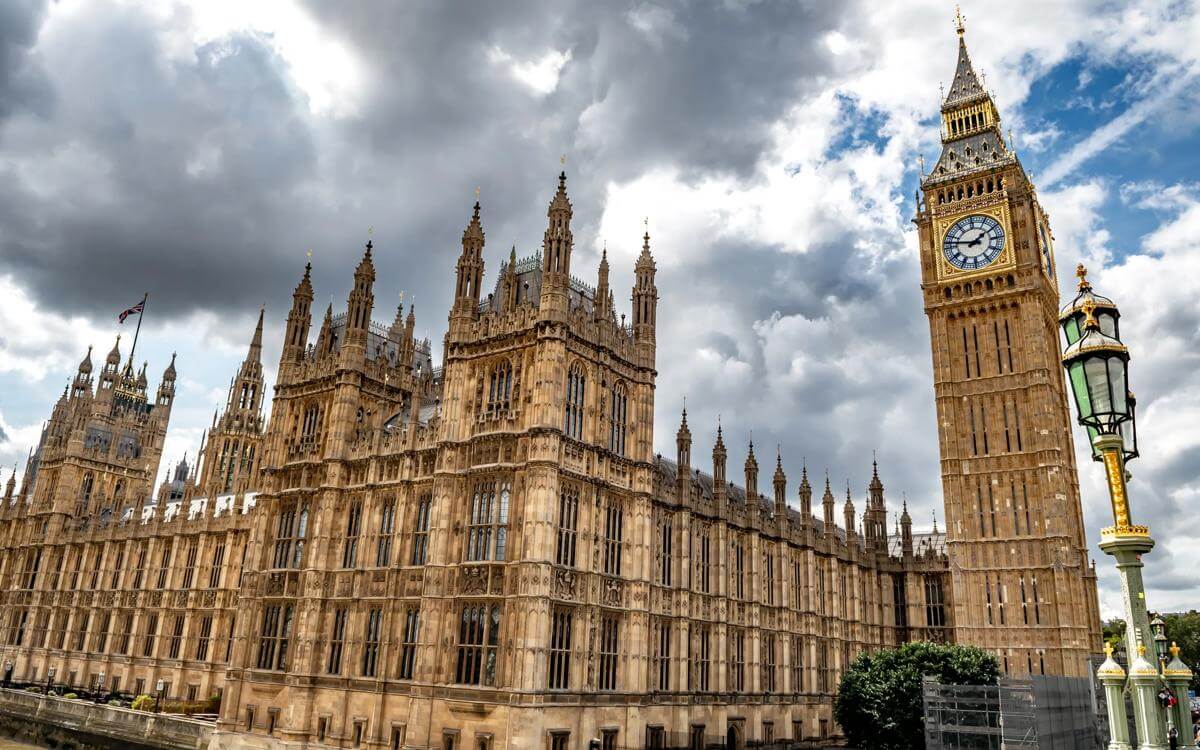Pope admits that priests sexually abused nuns
Internationally, a number of investigations and inquiries have unearthed historical sexual abuse by priests. Previously, the focus had been on allegations of abuse against children.
Internationally, a number of investigations and inquiries have unearthed historical sexual abuse by priests. Previously, the focus had been on allegations of abuse against children.
Across the world, Catholic nuns have alleged abuse by clerics. When questioned about this today, Pope Francis told reporters during a tour of the Middle East, that his predecessor, Pope Benedict was forced to shut down an entire congregation of nuns due to abuse by priests.
According to reports this is the first time that Pope Francis has publicly acknowledged the sexual abuse of nuns in the Catholic Church. The Pope was quoted as having said, “It is true ... there have been priests and even bishops who have done this. I think it is still going on because something does not stop just because you have become aware of it.”
“We have been working on this for a long time. We have suspended some priests because of this.”
In the wake of #metoo and the inquiries into child sexual abuse, accusations against abusers from all walks of life are gaining traction.
A letter from the Pope to the Bishops of the United States dated 1 January 2019 reflected that the Catholic Church is committed to avoiding cover-up of abuse. Hopefully, changes are in place which will restore faith and credibility in those who seek comfort from the Catholic Church.
The admission by the Pope and reference to actions undertaken reminds us of the doctrine of vicarious liability and that whilst a priest is not technically an employee of the Church, the relationship between the priest and the organisation is analogous to employment in the conventional sense. With this in mind, there may be a rise in civil claims and criminal complaints against the Catholic Church.
And what of recovery in claims?
It is not known if the Vatican has set up a redress scheme to deal with these issues.






































